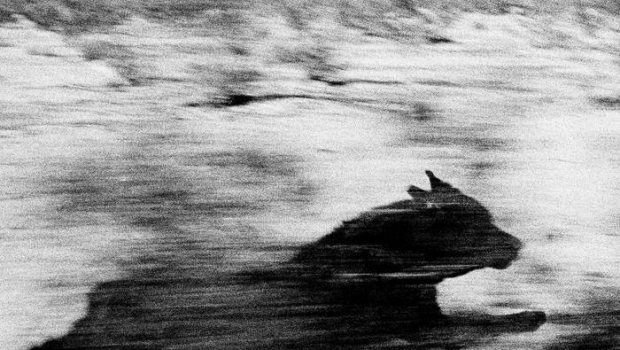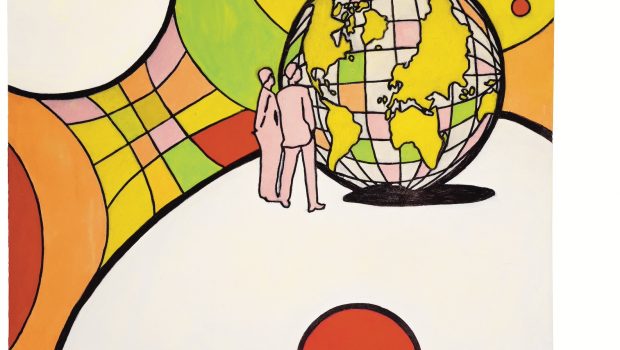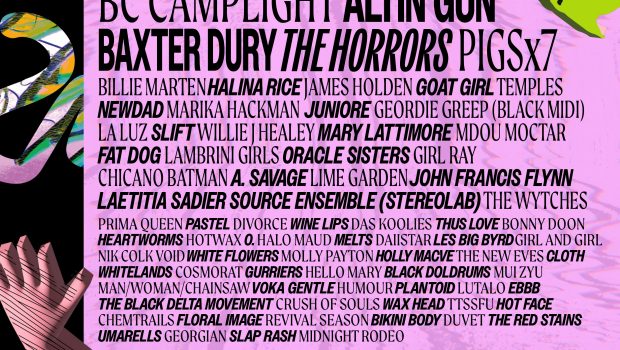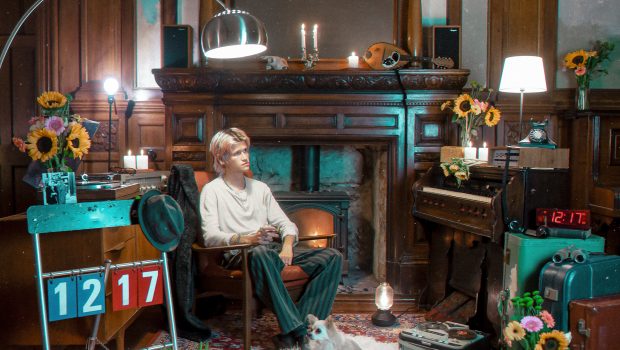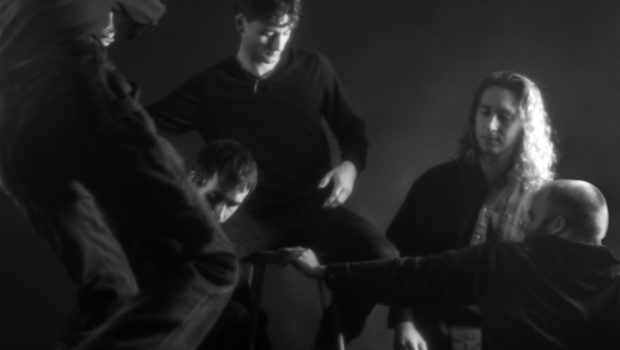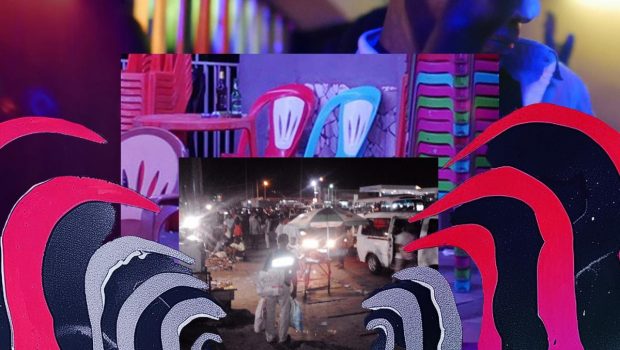
Marissa Nadler
– NIGHT & DAY CAFE, MANCHESTER –
The smothering pill of harpist Mary Lattimore’s semi-improvised, semi-digital dialogue dissolves in the pool of Manchester’s Night & Day Café – forming clouds of glittering movement and swallowing, memory-landscape. As Lattimore’s moon-music pushes and pulls, red velvet swims up behind the audience – leading a band of cowboy-coloured towers through the harped opiate and to the back room. Only few can exist so weightlessly out-of-time – untouched by the world and able to cut through any atmosphere, but Sacred Bones Records signee Marissa Nadler carries a natural weight to her presence that even the simplest of gestures, such as entering a room, can turn everything else to noise.
Opening the window further with each album, Nadler’s understated goth-folk has seen a slow-motion evolution that has taken her from old-house solitude to lush, wishing wheel panorama without compromising the impact of the Massachusetts native’s effortless intimacy. At first, Nadler takes to the stage alone. The low-light: an overwhelming, coal mask – keeping her hidden. Her presence: crushing, but still, with no reason to hesitate, the finger-plucked perfume that led the evening is interrupted by apology. The words “I’m sorry, that was louder than I thought it would be,” ground the room – previously caught up in the ambience, but not before we’re lulled into closing our eyes to reality once again as Nadler realigns, and invites us back into her micro-castle with a mountainous performance of 2007’s ‘Dying Breed’. The 10-tonne apparition of ‘Drive’ spins in a glass delusion, as Nadler sings of burying herself with the incomparable feeling of rootlessness, where ‘Dead City Emily’ speaks to some kind of inescapable stagnancy. Juxtaposed next to each other, these songs speak to the dichotomy that runs through Nadler’s world of devotion and detachment – arrival and abandonment. Living and dying.
Joined on-stage by master pedal-steel player and guitarist Milky Burgess, a tranquillising cover of Black Sabbath’s ‘Solitude’ unfolds – its lonesome black smoke rising before the twosome are finally flanked by full-band and the night truly begins to crystalise, as questions of transience are offered on the title-track of Nadler’s latest effort ‘Strangers’. Each song steals a smile from Nadler: ‘Was It A Dream’s’ hushed morphine – the wallflowers of ‘Katie I Know’, ‘Hungry Is the Ghost’s wild, voyeuristic fever, but the smiles seem to be of relief, as if the faith that she’d make it through such songs was never there. Suspended in dim, rose prisms – shaded and unseen, Nadler still feels it necessary to ask whether things could be darker before admitting to wishing she could always play in absolute blackness. Insecurities ivy the set, but they only serve to add a certain kind of humanity to the melodrama.The evening breathes, and its magnetism is not in-debt to Nadler’s carefully crafted universe, but to the vulnerability that can be found in its cracks.
Marissa Nadler Official | Facebook | Twitter





